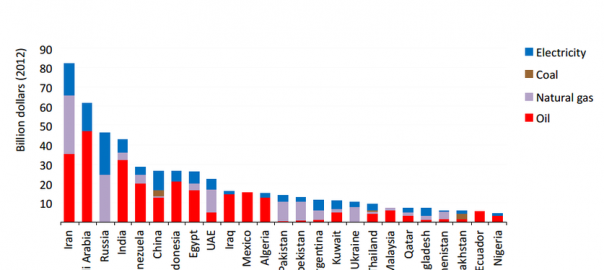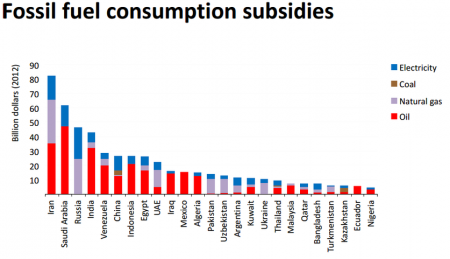Automann-TV
Fast Autobahn acceleration test of the 2014/2015 Volkswagen Golf 7 GTE with the twin engine concept delivering 204 hp and up to 350 Nm of torque. While the 1.4 TSI with 150 hp is already not really slow, they added the 102 hp electric motor out of the e-Golf to make this a proper GT(E). As you can see, this car really pulls once you put it in “B” (Boost?) and GTE-mode. I don’t really know why it is significantly faster than what VW claims but it also feels like more than 200 hp! Especially as I tested the Golf 7 GTD and GTI (220hp) I can tell that this hybrid is very close to the GTI! Besides that you get an “E-Mode” that let’s you accelerate pretty decent up to 130 km/h and drive totally quiet in cities….I personally like it! On top of that you get the quick shifting DSG (6-speed) that also shifts in E-Mode…very cool!
See also: Gas2.org: Is The Volkswagen Golf GTE As Fast As The GTI?

